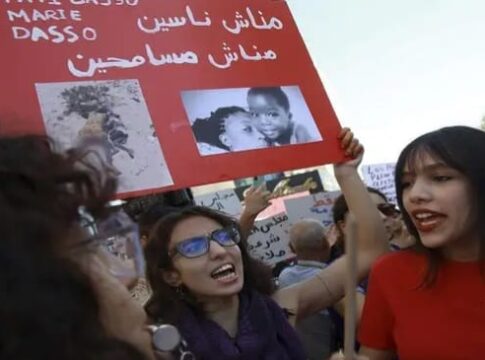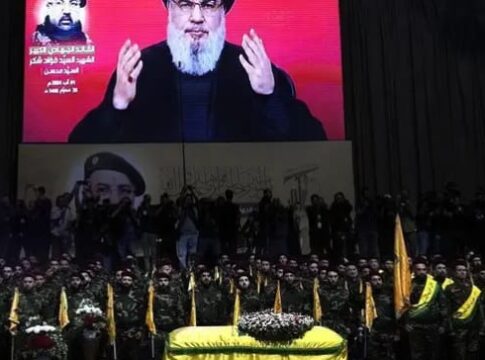In a contentious move, Tunisia’s parliament has passed an amendment stripping the courts of their authority to oversee decisions made by the Independent High Authority for Elections (ISIE). This change comes just nine days before the presidential election, sparking outrage among opposition and civil society groups.
The amendment, approved by a majority of parliament members, has been widely condemned as an attempt to consolidate power and undermine the country’s democratic institutions. Critics argue that ISIE has been working in concert with President Kais Saied to limit competition in the upcoming election.
Demonstrators gathered outside parliament on Friday, protesting the law and expressing concerns about the erosion of Tunisia’s democratic gains since the Arab Spring. The country has held two successful presidential elections since then, but this year’s vote has been marred by controversy.
READ MORE: Netizens React As Hamster Kombat Disappoints Users
At the heart of the dispute lies ISIE’s decision to exclude three potential challengers to Saied from the ballot. The court had ordered their reinstatement, citing incomplete campaign filings, but ISIE refused to comply. This move has been seen as a blatant attempt to clear the path for Saied’s re-election.
Lawmakers loyal to Saied alleged that the court was “acting on behalf of foreign interests” and “pursuing a hidden agenda.”
Independent MP Zina Jiballah echoed this sentiment, stating, “Certain parties receive orders from abroad.” These claims have fueled concerns about the growing polarization and politicization of Tunisia’s institutions.
Sonia Benmabrouk of the Hope and Work Party passionately defended the amendment, saying, “History will remember that we are not traitors, and that Tunisia was saved by honest men and women.” However, opponents see this as a thinly veiled attempt to silence dissent and entrench Saied’s power.
With prominent opposition figures imprisoned or barred from participation, Saied faces little competition in the election. His two opponents, Ayachi Zammel and Zouhair Maghzaoui, are relatively unknown, and Zammel is currently incarcerated on election fraud charges.
As Tunisia teeters on the brink of democratic backsliding, the international community watches with bated breath. Will the country reclaim its democratic momentum, or will this amendment cement Saied’s authoritarian grip on power?




